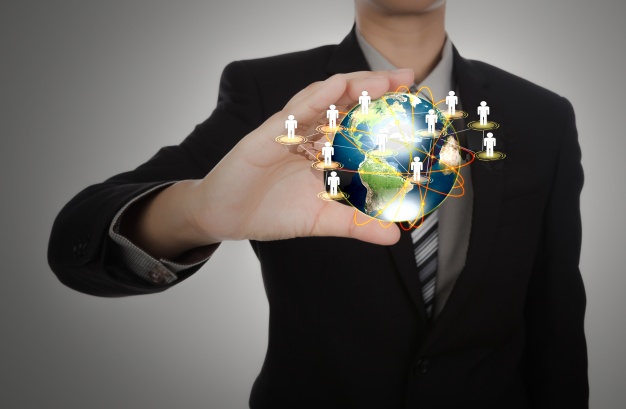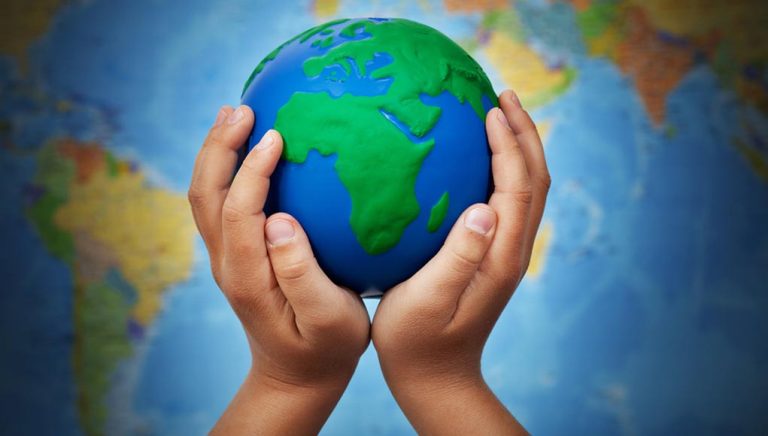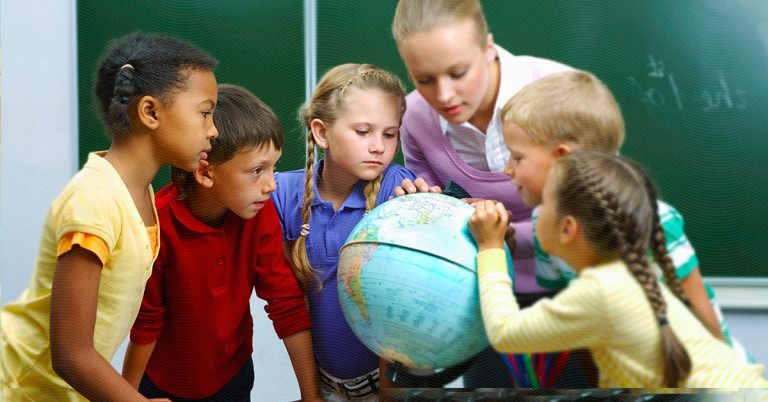OXFAM international organization defines global citizens as individuals who are aware of belonging to a bigger world than the community in which they live; they respect values and diversity, and understand how this universe works. For this humanitarian NGO, global citizens search for models around the world and develop a critical view in order to enhance the local system. They make peaceful protests, take part in social and professional groups, and are committed to finding solutions to local and global problems. Global citizens have to make a difference in the world, always wishing the best for it; they are committed to socioeconomic justice, and work collaboratively to make the world more egalitarian and sustainable.
Good examples of global citizenship, among the young, are found at universities in the United States. For instance, recently, Brazilian students attending Harvard and MIT organized the Brazil Conference at those institutions’ headquarters, in Boston. The event was attended by businesspersons, qualified professionals, politicians, and lawyers from Brazil and abroad. The talks, interviews, and debates discussed topics such as security, social inequality, competitiveness, political system, corruption, and governance. All participants debated in search of solutions to problems in Brazil and in the world. The event brought together people of diverse ideologies.
It is part of the American culture DNA to stimulate volunteer work and the engagement of the population in citizenship and social causes. This process begins at childhood in schools, religious institutions, and in the community. Educational institutions nurture an Alumni culture. Students graduate, but they continue to be part of their institutions through programs created by alumni associations. They express gratitude for their learning and commit to contributing to the institution throughout their lives. The case of the Brazilian students at Harvard is exemplary to their fellow countrymen who live in Brazil. The country is undergoing many kinds of hardship. Society doesn´t trust the political and judicial systems. People communicate intensively on social networks, but they do not act like global citizens. Criticism is restricted to a group of people who avoid conflict of ideas and, in general, share ideologies.
In the rare cases in which there is global citizenship, such stances was shown by adults. The point to be made: “What is going on with our youth?” Why are they not taking action to improve their community, their country, and the world? Much more than their parents and grandparents, they are responsible for the dignified construction of the present and future of their own community, their country, and the world.


